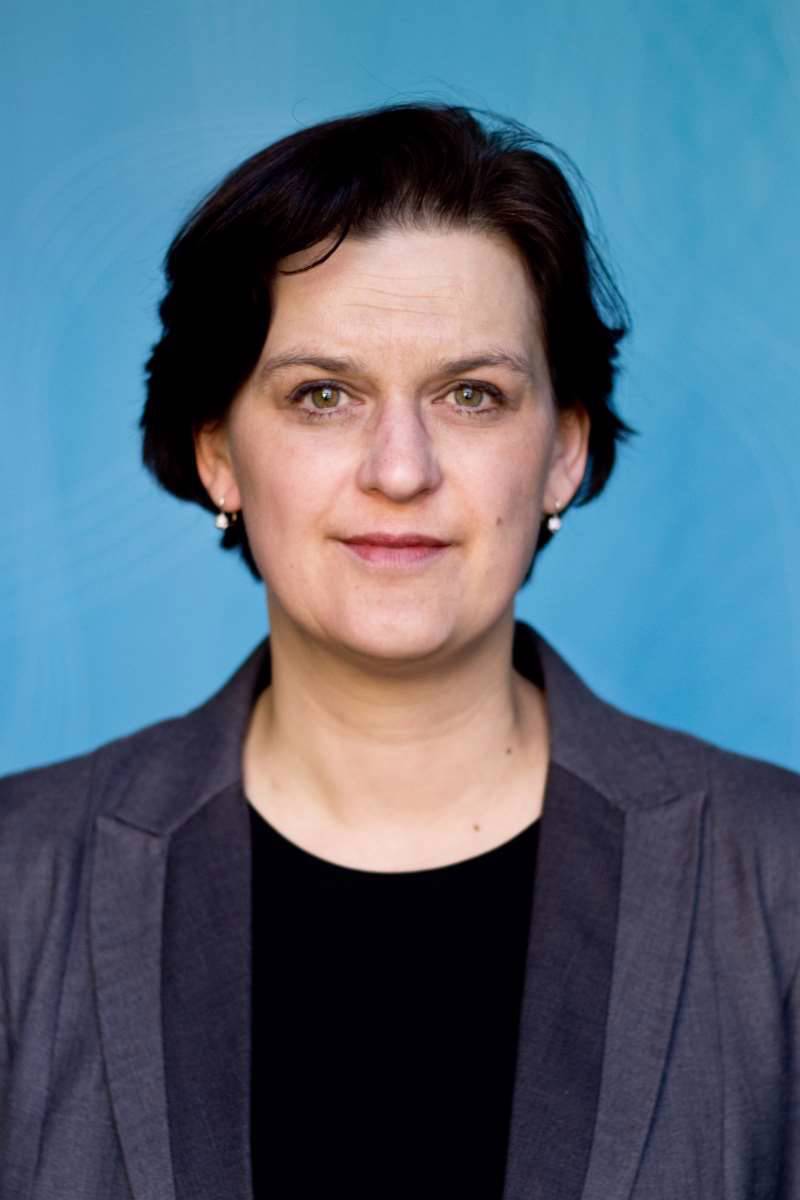
Inger Skjelsbæk, Professor at the University of Oslo and PRIO, has been granted a prestigious European Research Council (ERC) Consolidator Grant to conduct research on ‘Innocent Children or Security Threats? European Children Born of War’ – also known as the EuroWARCHILD PROJECT.
EuroWARCHILD is the first study to comprehensively examine different groups of war children in the European context; across different conflicts, security settings and generations. Children born of war are children fathered by foreign or enemy soldiers, during and after conflicts, and often the result of gender-based violence. The project will present findings, which have the potential to have direct impact on policy concerns in many European countries today. EuroWARCHILD, therefore, aims to contribute to creating a better future for a new generation of war children in Europe through studying their situation as often hidden, stigmatized and forgotten populations, and disseminating findings to scholarly and policy audiences alike.
Led by Professor Inger Skjelsbæk (University of Oslo and PRIO), the EuroWARCHILD project will be hosted by the Centre for Gender Research (STK) at the University of Oslo, with the PRIO GPS Centre as a collaborative partner. Professor Ingvill C. Mochmann (GESIS-Leibniz Institute for the Social Sciences) and Dr. Torunn L. Tryggestad (PRIO GPS) will be researchers on the project in addition to PhD and postdoc scholars and an academic resource group.
'I am extremely pleased to see Inger Skjelsbæk being awarded one of the most prestigious research grants in the world for such an important and scientifically innovative project', says PRIO Director Henrik Urdal in a statement. '-This grant extends Inger's pioneering work on sexual violence survivors, a dedication that spans more than two decades of research. PRIO is proud of having hosted Inger for much of her career, and we are very excited about the opportunities that this grant provides for gender research at the University of Oslo and PRIO, and for the collaboration between the two institutions.'
The ERC Consolidator Grants are awarded to outstanding researchers of any nationality and age, with at least seven and up to twelve years of experience after PhD, and a scientific track record showing great promise. ERC funding is open to researchers from anywhere in the world, and grants are also highly competitive, with an overall success rate of 12%.
In a statement to PRIO, Inger Skjelsbæk says that "I am extremely grateful and thankful for this grant which allows me to focus on a group of war survivors that have been overlooked by policy makers and researchers for far too long. As an added bonus I get to work with the best people I know and get to have PRIO as a partner with me on this journey"
Congratulations Inger!





